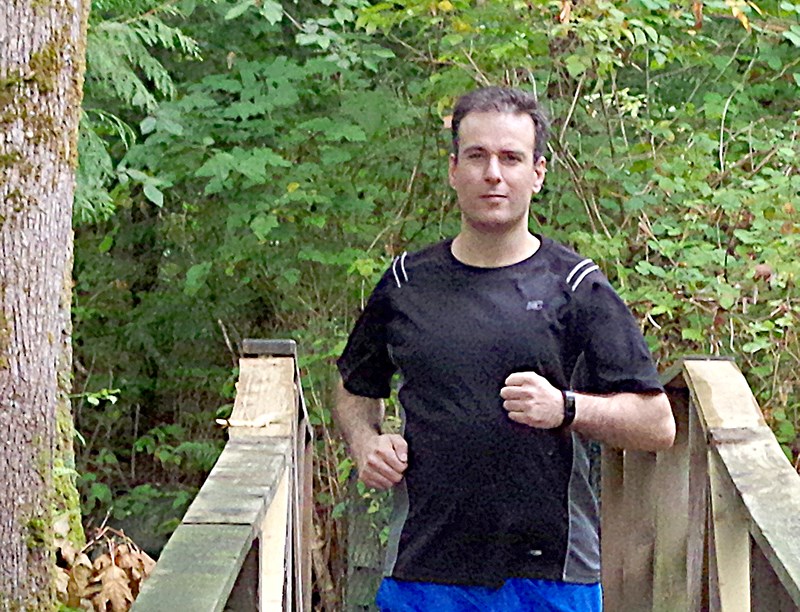“And why can’t you work full-time? You don’t look disabled”
If I had a dollar for every time I encountered the misunderstanding in such a comment, the money might solve the tragedies engendered by such thinking.
I could answer, “I have Parkinson’s disease,” and I desperately wish this were true, for that would stand as an acceptable response to the inquiry, releasing me from the need for further justification.
Instead, I answer, somewhat awkwardly: “I have a mental illness — schizophrenia.”
I find it peculiar how, almost always, the former response is automatically respected as legitimate while the latter is doomed to be criticized as an excuse. Especially since Parkinson’s and schizophrenia are similar neurological ailments differentiated only by one causative triviality: levels of the neurotransmitter dopamine in the sufferer’s brain — Parkinson’s develops due to a dopamine deficiency, schizophrenia from a dopamine excess.
Why are mental illnesses so frequently misunderstood?
A person with no direct experience of physical pain could never truly empathize with the plight of a chronic arthritis sufferer. In the same manner, if you have always been blessed with healthy mental functioning, you may be limited in your ability to visualize the vast spectrum of possible mental states. You would likely perceive adversity as a fleeting nuisance capable of being overcome with sufficient mettle or patience.
Personally, I would infinitely prefer the kind of adversity that can be overcome in positive ways without the psych ward visit. Unfortunately, for some individuals, complete recovery is not chemically feasible, even with today’s cutting edge treatments and medications.
Still, it is the continuous pursuit of wellness that sets apart those who deserve to collect disability benefits from those who may be scamming the system, and although I believe the well-intentioned group constitutes the vast majority of disability recipients, the notoriety of the minority casts a stigma and defiles the public image for us all.
So if you are afflicted with a mental illness, don’t give up hope and don’t stop searching for ways to maximize your functioning. Eat healthy, talk to your doctor about supplements, exercise regularly, keep in touch with friends and family, attend church, adopt an animal, travel, make love, take up a new hobby, volunteer — there are unlimited ways you can help yourself enjoy life to the fullest and become a productive human being.
And if you aren’t afflicted with a mental illness, educate yourself to open your mind and heart to the truth of others’ suffering.
I concede to the possibility I may never be able to switch to full-time work; I even acknowledge the slim chance my schizophrenia will deteriorate and I may require hospitalization. But these threats will never prevent me from continuing to strive, to persevere, to conquer the disorder, and to face life’s challenges fiercely.
Future research could uncover a cure for schizophrenia and, thus, enduring its torturous symptoms may become an antiquated obligation. Until then, I plead for the public’s understanding and acceptance of the condition.
Such an achievement I shall hail as the crossing of the final great frontier by the human heart.
--Peter Toth is a Port Coquitlam resident.



